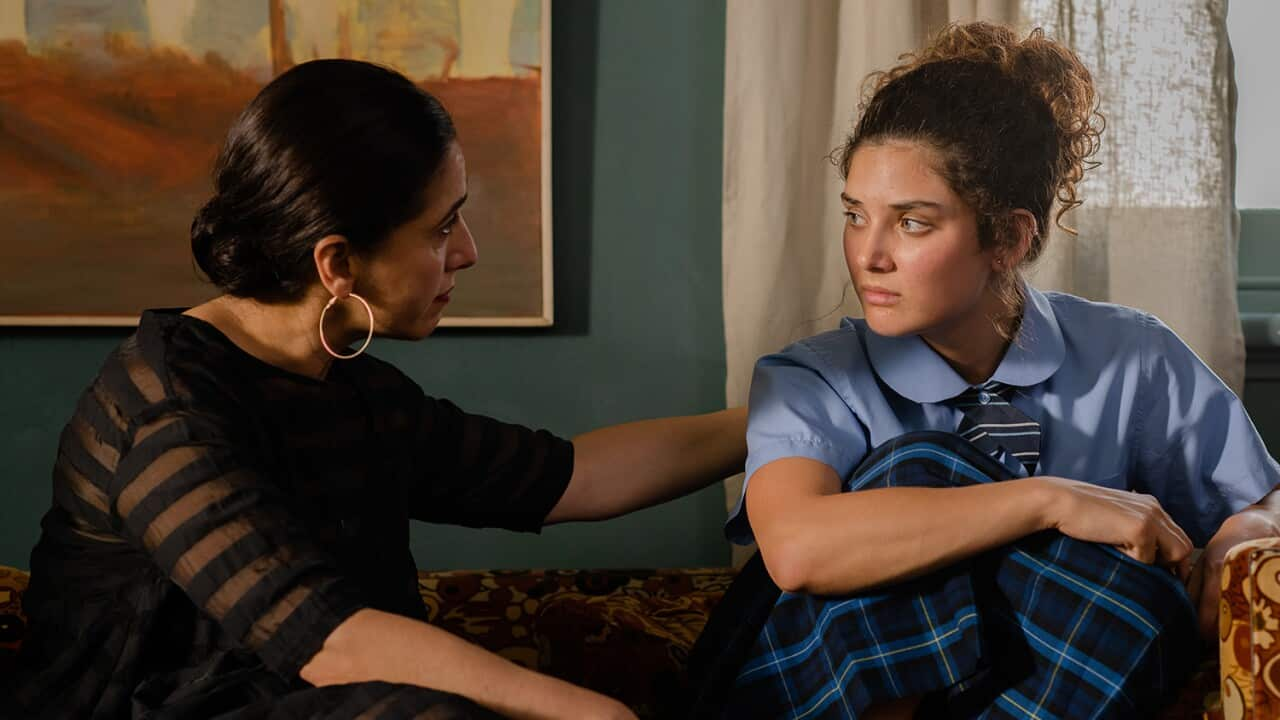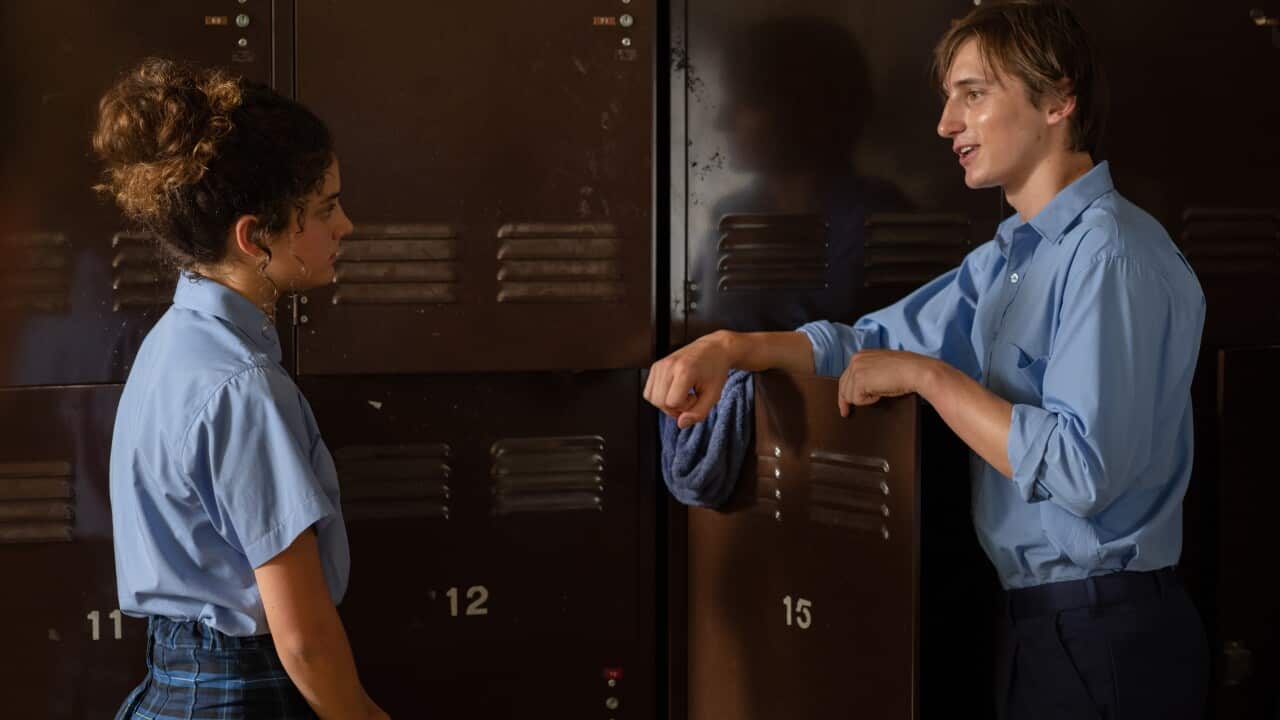OPINION
Taking its cue from the #MeToo moment, The Hunting creates a figure of female resistance in Zoe, one teenager who has a compromising screenshot unwittingly shared online by a cruel ex-lover.
Ridiculed by her schoolmates and dismissed by most authorities (including police), Zoe decides to take matters in her own hands. If authorities will not help her, she’ll expose the offending boy for his crimes. Zoe shares a post online naming and shaming her harasser, along with a unique hashtag – not #timesup or #metoo (both of which she tries on for size), but “#shittyboys”.
It’s a powerful, sweet, even cheeky moment of the series, and one that stuck with me as I watched.
It’s an interesting time to be producing content about gender – especially gendered violence and sexuality. In Australia, post-#MeToo, it’s a tender, tricky and indisputably volatile space to wade into.
But if it’s true that the best cultural content is the kind that responds to or even anticipates the cultural environment in which it’s being viewed (or read, or listened to), then we’re in for an avalanche of work that will at least attempt to tackle elements from this #MeToo moment. The Hunting, SBS’s new drama centred on two high schools rocked by a nude teen photo scandal, is one of these works, dipping in and out of the infamous viral moment’s lexicon to ask some worthy questions about how young people might navigate their sexuality in the online age.
In The Hunting, the question of who is at fault when teenagers are sharing their nudes via text and online – the subject of the photo (often female) or the recipient (often male) – is far from the show’s primary concern. The bigger question is: what are we actually teaching young people about respectful and consensual sexual interactions, and who is most likely going to be punished if something goes wrong?
The bigger question is: what are we actually teaching young people about respectful and consensual sexual interactions, and who is most likely going to be punished if something goes wrong?
“We’re in a moment now where finally we are seeing real consequences for some men’s behaviour,” one character tells another in The Hunting. “A moment where people are starting to see clearly what’s been happening – and they want change. They’re finally willing to yell and scream to make that happen.”
Long after the second-wave of #MeToo, ushered in by Harvey Weinstein’s arrest, crashed over our shore, Australians have debated the ethics of using social media as a tool to expose predators and empower survivors of harassment and abuse.
Although this notion about social media’s “mob justice” has continued to hang on a long as the aftershocks of #MeToo have shaken out through Australia’s media, political ranks and broader society, the result of a few recent major #MeToo cases in this country would tend to suggest that this is a mischaracterisation of survivors speaking truth to power. The recent court victory of Geoffrey Rush over Nationwide News, is just one of many high-profile examples of the so-called “trial by Twitter’s” diminutive powers in genuine legal proceedings.
For Zoe, The Hunting’s woman warrior, social media (which was, in part, used to harass her), becomes a powerful tool for resistance and truth-telling – and a point of connection for her to find other young women who have shared similar experiences. This will feel familiar to anyone who was swept up in the intoxicating kinship of the real-life #MeToo moment, and the show finds a strong foundation in the shared power and fidelity of female friendship.
For Zoe, The Hunting’s woman warrior, social media (which was, in part, used to harass her), becomes a powerful tool for resistance and truth-telling...
But this online resistance – speaking truth to power via your social media platform – has its limitations, as does any form of truth-telling when you’re tackling the power structures of patriarchy on the run. A lot needs to change in Australia (and all around the world) before many survivors will feel comfortable coming forward about the epidemic of men’s harassment, abuse and violence – and while change is happening, albeit slowly, there is a helluva long way to go.
This is something The Hunting understands acutely – to its credit. There are no illusions about what consequences can arise from speaking out about men’s behaviour, or having the courage to empower yourself via the platforms you’ve created. And, like the show’s subtle but effective commentary on the interchange between class and the law’s efficiencies, it’s all the better for tossing away the rose-tinted glasses and approaching gender and power with an unblemished, fearsome gaze.
The Hunting premieres on Thursday, 1 August at 8:30pm on SBS and SBS On Demand, and airs over four weeks.
If you or someone you know is impacted by sexual assault, domestic or family violence, call 1800RESPECT on 1800737732 or visit www.1800RESPECT.org.au. In an emergency call 000.
Parents and teachers looking for more information can visit the eSafety Commissioner website and SBS Learn.
Share




